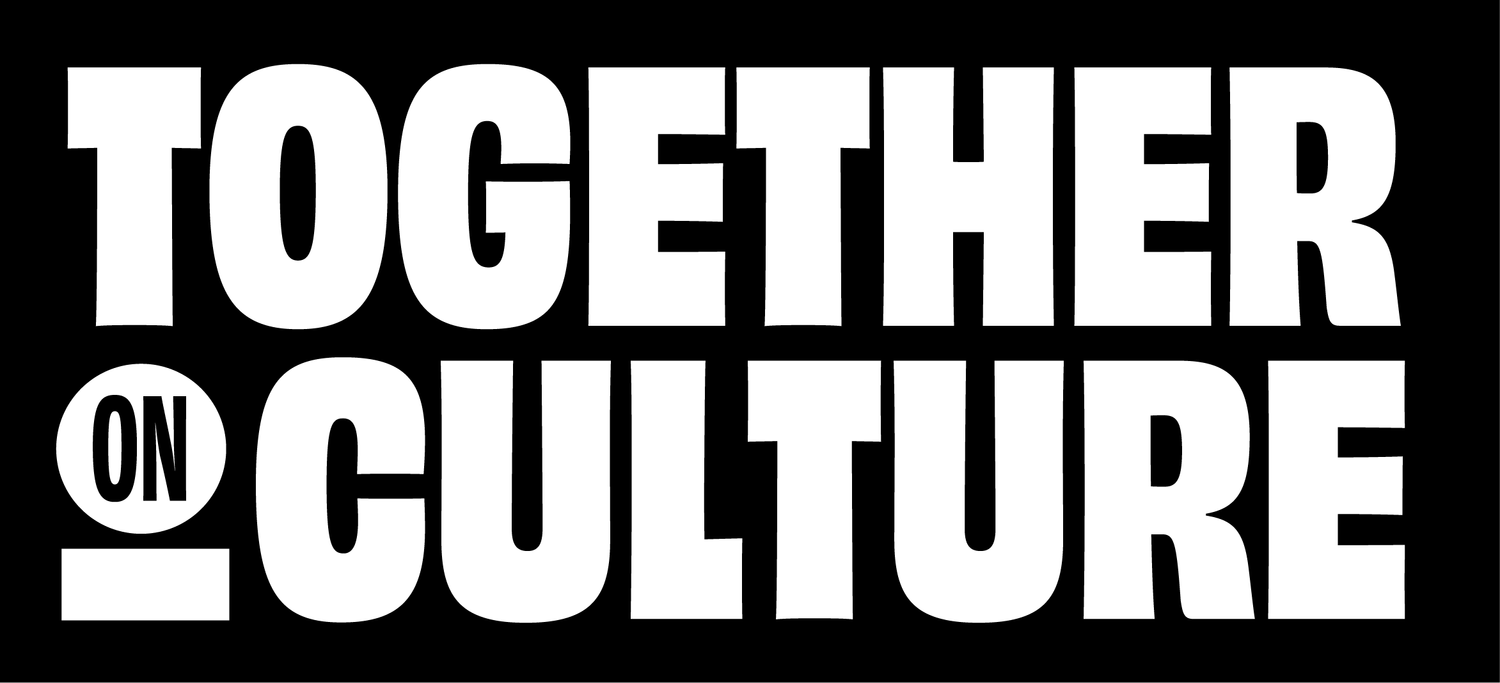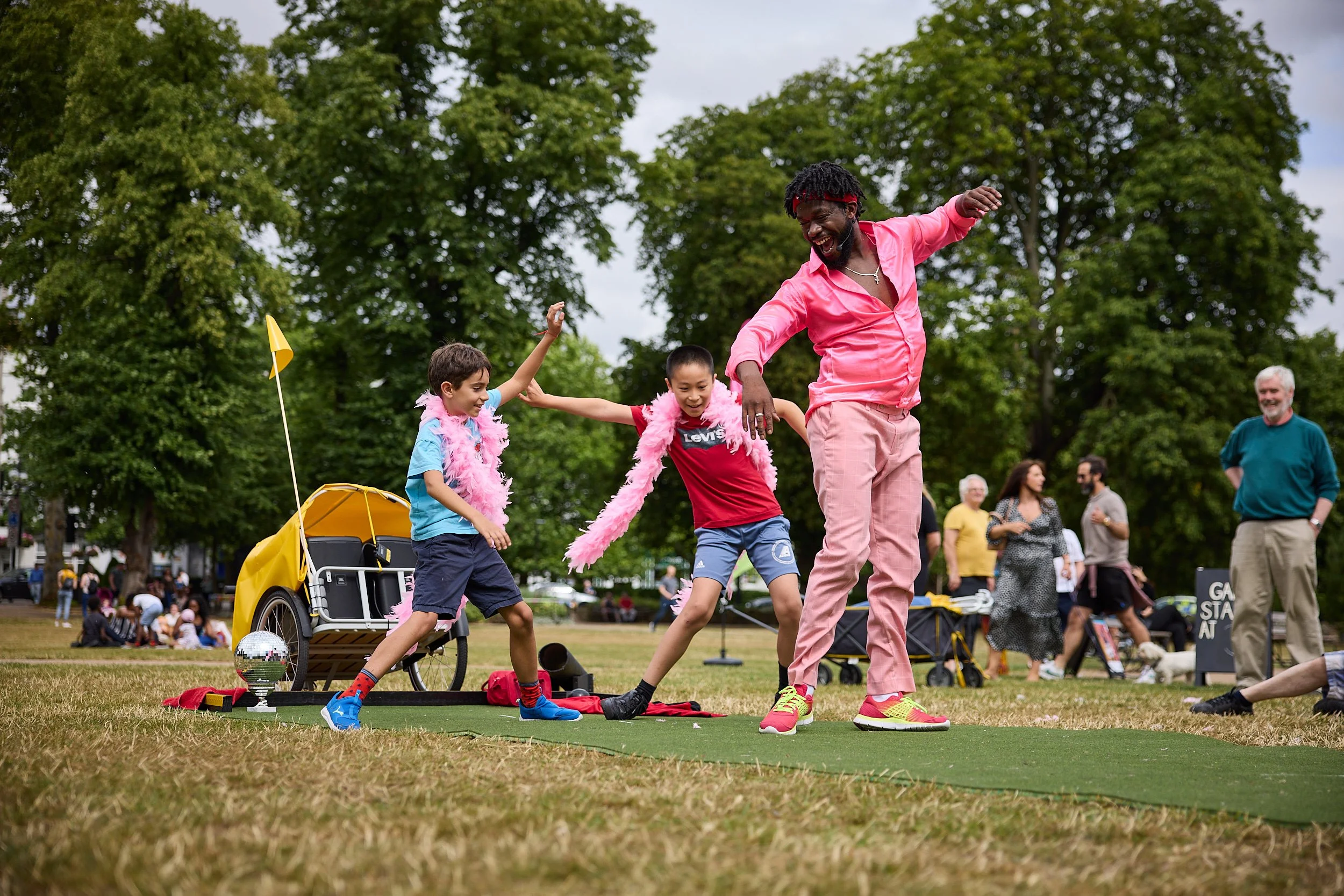Birmingham’s Strategic Framework for Culture
Welcome to the online home of Birmingham’s strategic framework for culture, 2025-2035. This is an initiative of Birmingham’s Cultural Compact, the framework has six main pillars:
You will also find on this site the delivery and action plans for the framework, and more details about the Cultural Compact and its work.
Birmingham is a city with culture at its heart
Unique and diverse, with global impact and significance, owned by our communities but shared with the world: that’s Birmingham’s culture. We saw this through the Commonwealth Games in 2022 and, more recently, the city’s successful bids to host the Invictus Games and the Serendipity Arts Festival, the first time the festival will be held outside its native India where it was founded in 2016. We are rooted in the city we call home but reach out, far and wide.
Through our work as the Cultural Compact and this strategic framework, we will put the preservation, development and celebration of culture at the forefront of regional decision making. We want to offer a strategic vision for the future that represents the voices of all local communities, a vision captured in this strategic framework.
Credit: Johan Persson
With partnerships across diverse sectors—culture, creative, business, education, voluntary sector and healthcare—we believe we can continue to cultivate a thriving cultural landscape that not only enriches lives but also drives economic growth and community wellbeing.
This framework charts a course forward for us, on culture. It is focused on investment, sustainability, placemaking, our creative workforce and some of our exciting plans for the future. It is a plan for the whole city, to be delivered in partnership. Together, we will ensure that Birmingham’s cultural sector flourishes for generations to come.
Professor David Mba, Vice-Chancellor at Birmingham City University and Chair of the Birmingham Cultural Compact
Councillor Saima Suleman, Cabinet Member for Digital, Culture, Heritage and Tourism, Birmingham City Council and Deputy Chair, Birmingham Cultural Compact
Credit: Kate Green
Introduction to the framework
Culture is the lifeblood of our city. It pulses through our streets, it lifts our daily lives, it energises our conversations and it makes our city a truly special place to live, work and visit. From the breathtaking music of our City of Birmingham Symphony Orchestra to the everyday culture experienced in all of our neighbourhoods, culture matters and we value all that it brings us in terms of economic activity, health and wellbeing, and a deserved reputation as a multicultural city of art and creativity.
Culture, creativity and the arts have a direct economic impact on our city and in this strategic framework we set out some of the scale of that impact. They also have an extraordinary multiplier effect. They act as a magnet pulling in talent, students, business and investment; underpin our tourism offer; and directly unlock opportunities in the wider creative industries, as well as for our restaurants, cafés and, of course, for our hotels.
This strategic framework covers an intentionally broad range of cultural and creative activity, well beyond our formal cultural institutions. We’ve called it a strategic framework for culture (as opposed to just a strategy) because it’s designed to be regularly reviewed, and because it connects to and is supported by other city strategies, including some that have a very strong level of interdependency, such as the city’s Public Art Strategy, its Placemaking and Heritage Strategy, as well as its plan for the visitor economy.
Credit: James Yarker
Credit: Jas Sansi
It is also intended as a platform that supports all of those working across the wider cultural and creative sector to combine their efforts, foster collaboration, and realise that we can do so much more if we work together, as Team Birmingham.
Lastly it’s important to state that this framework has been co-designed by over 700 people taking part in surveys, workshops, interviews and other sessions across the city. It is owned by Birmingham’s Cultural Compact, but it has been shaped and inspired by the city and its people.
Unless otherwise stated, when we talk about ‘we’ or ‘us’ in this Framework, we are speaking with a shared voice as the Cultural Compact, and the recommendations that are made in this framework are put forward by us; but in almost all cases the actions they catalyse will be taken forward in partnership with others.
What is culture?
Humans are cultural animals. We make culture. We consume it. We share it. And we all have a right to access and celebrate culture.
Culture is about our artistic and creative lives, the arts in all their forms, history and heritage, leisure activities like watching films, reading, or taking part in festivals and events. It can include the creative things we like to do, or make. It might be the poetry we write, the food we love to cook, or the songs we sing along to.
Participation in culture is also a human right, as officially set out in Article 31 of the United Nations Charter.
The scope of this Framework is deliberately and emphatically broad. Culture can happen at home, at school and at work, as well as in a theatre or gallery. It is an ecosystem that impacts on all of our lives, in the most positive of ways.
Credit: Andrew Moore
Credit: Andrew Fox
At a deeper level, and of particular importance for a diverse city like Birmingham, culture is also about behaviours, shared traditions and beliefs. It’s about the languages we use. It’s the things that bring us together, as communities.
Culture also has a strong and vital connection to a wider set of creative industries like design, games development or film production, through to the curation of social media content streams. These are all areas in which we have amazing strengths as a city. It also supports a wider set of ‘downtime’ pursuits that people love to take part in, like food festivals, sporting events or neighbourhood and community get-togethers.
So this strategic framework is about a wonderfully broad swathe of creative activities like visual arts, crafts, public realm design, performance art including dance, music and theatre, oral storytelling and literary arts – but culture is also about ideas, places, landscapes, even food and the creativity that has, throughout our city’s history, enriched our lives, communities, and underpinned our economy.
Most importantly, it makes us who we are.
Birmingham’s Cultural Compact
This strategic framework is an initiative of Birmingham’s newly established Cultural Compact, a cross-sector partnership designed to support the city’s cultural sector and ensure it fully contributes to a prosperous and sustainable future for all.
The Cultural Compacts model came out of the UK Cultural Cities Investment Inquiry 2019. Their implementation in towns and cities across the country has been supported by Arts Council England and the Department for Digital, Culture, Media and Sport, (now the Department for Culture, Media and Sport).
Here in Birmingham, our Cultural Compact is chaired by Professor David Mba, the Vice-Chancellor at Birmingham City University alongside Councillor Saima Suleman, the City Council’s Cabinet Member for Digital, Culture, Heritage and Tourism. It brings together stakeholders from the local authority, culture, business, education, healthcare and allied sectors with the aim to help culture thrive and grow in the city and, in turn, increase the city’s health, wellbeing, resilience, economic prosperity and environmental sustainability.
One of the first actions for the Cultural Compact has been to lead and oversee development of Birmingham’s new Cultural Strategy 2025 – 2035, which builds directly on a previous extensive consultation that resulted in the city’s Cultural Statement of Intent in 2022 but also build on the considerable cultural successes that Birmingham has demonstrated to date, including of course the legacy of the Commonwealth Games.

















